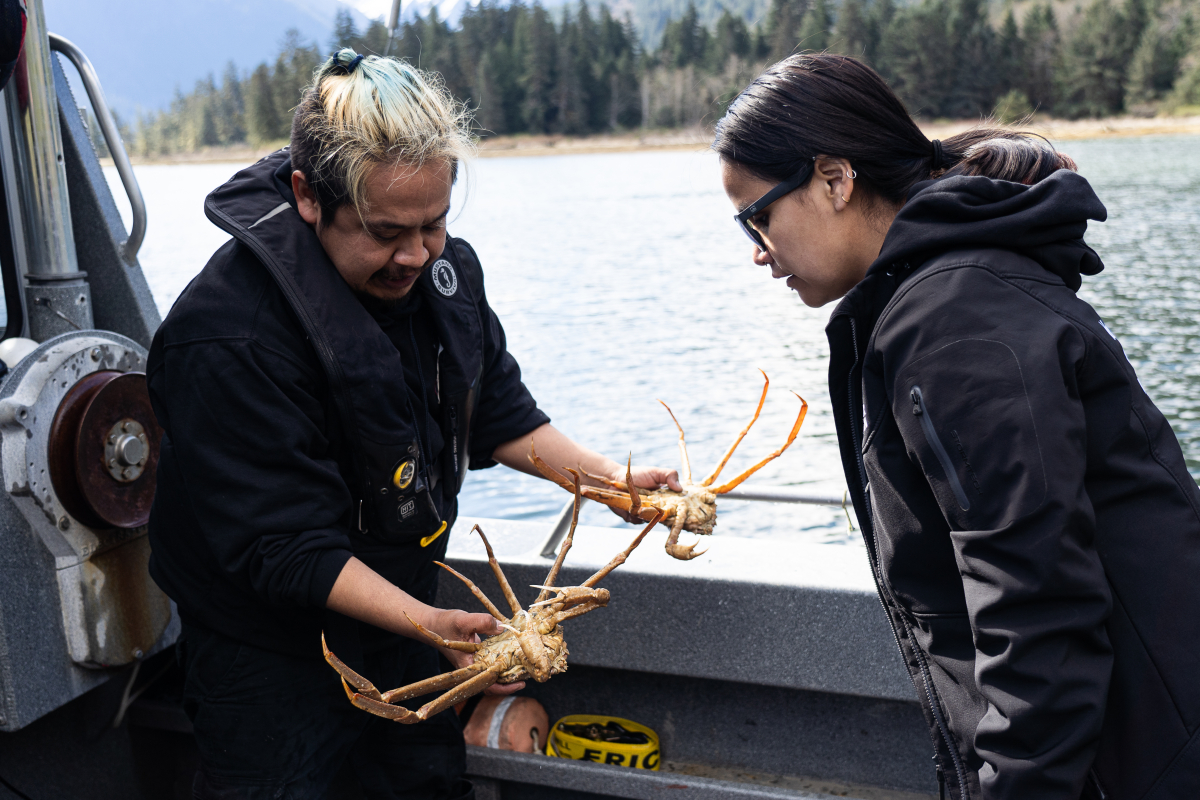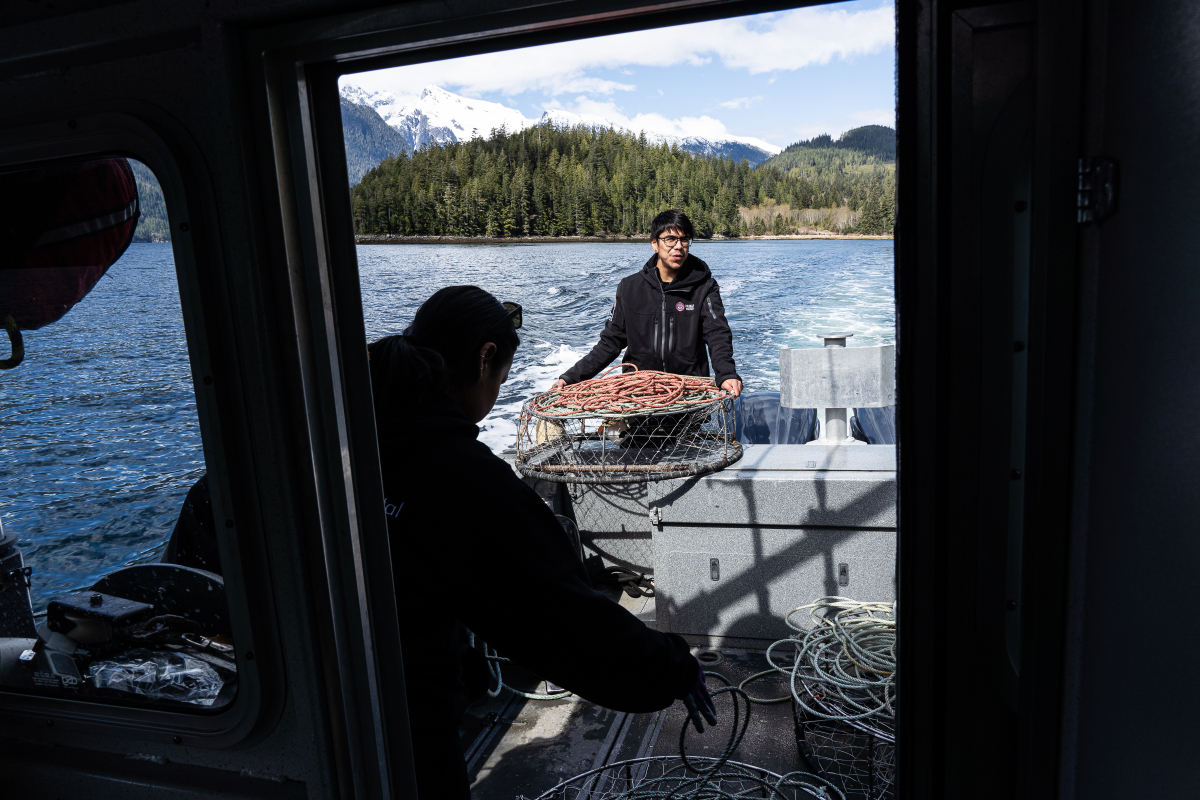Support strong Canadian climate journalism for 2025
In a provincial first, British Columbia announced a comprehensive vision co-developed with First Nations to improve management of shared marine resources.
The Coastal Marine Strategy will directly benefit nearly three-quarters of B.C.’s population who live on the coast and thousands who rely on marine industry for their livelihood, the province said. It will also add B.C. to the list of coastal jurisdictions with similar marine strategies already in place.
B.C.’s plan is aimed at achieving four themes of healthy coastal marine ecosystems: resilience to climate change, thriving coastal economies and communities, and informed governance. Over 20 years, policies, programs and projects will be developed expanding on existing initiatives focusing on areas close to shores and communities.
“British Columbia needs active and engaged stewardship in how we manage our marine resources. The Coastal Marine Strategy is the result of First Nations, federal and local governments, stakeholders and communities working together toward a shared vision for our coast,” said Nathan Cullen, minister of water, land and resource stewardship, in a release. “The strategy provides a much-needed roadmap for how we steward our coastal marine environment and support new opportunities for our coastal communities.”
Previous coastal management has been handled through a patchwork of laws and policies administered by various departments in government, says Erin Gray, staff lawyer with West Coast Environmental Law.
The new strategy builds on existing initiatives, including the $285.7 million federal-provincial B.C. Salmon Restoration and Innovation Fund, B.C.’s $60 million contribution to sustainability efforts in the Great Bear Sea and $50 million for the Clean Coast, Clean Waters program. At the ground level, those initiatives have provided things like salmon habitat improvements; Indigenous Guardian Watchmen programs that patrol First Nation territories; beach cleanups and derelict vessel removals, among other projects along the coast.
The new strategy includes a plan to double down on some of those existing initiatives — like Guardian Watchmen and marine debris cleanup — and hints at others, like efforts to diversify the ocean workforce and moving away from corporate fish quota ownership and toward the owner-operator system more prevalent on the Atlantic coast.

“We're really excited to see that it's being released. It is a long time coming [and] it is really important for coastal ecosystems and community health, [to] provide the framework for better decision making and management,” Gray says.
“The expectation is that it will consider things like cumulative effects, which have been a huge problem up until now, as species are facing fragmented habitats, degraded habitat, and the increasing impacts from climate change.”
Groups like West Coast Environmental Law have been asking for a unifying plan for more than five years. In government, one of the first mentions of a marine strategy was proposed in a private members bill as early as the 1970’s, Gray adds.
The vision for this initiative has been in the works since 2020, when the province committed to developing it, and eventually released a Policy Intentions Paper in 2022. Since then, the government has co-developed the strategy with Indigenous communities and consulted over 1,000 people and marine stakeholders during the public consultation period.
“I'm really excited to see the release of the coastal strategy. This has been many years in the works, and to finally have it at a place [where] we have a strategy, and we can start looking into how to now implement it is really exciting,” says Kate MacMillan, conservation director, ocean program for the Canadian Parks and Wilderness Society B.C. (CPAWS).
The announcement also ties into West Coast Environmental Law and CPAWS’ Blueprint for the Coast, a campaign calling for a B.C. coastal strategy that is “co-developed and co-managed with First Nations.”
In a joint press release, CPAWS and West Coast Environmental Law, who took part in the public consultation phase, say this is the start of a new path and better future for the coastal
marine environment across B.C.
“Now we can actually really begin the work. A strategy can be such an abstract concept, but I hope when people actually see what the strategy contains, they [will] see this is something that will actually deliver change on our coast and will help, not only us now but also future generations,” says MacMillan.





Comments